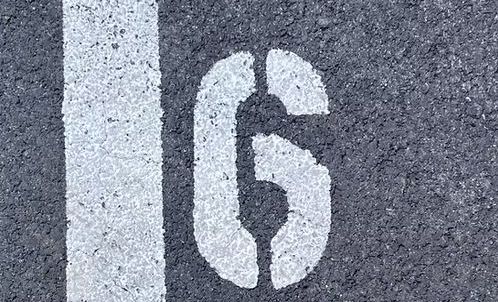Oral history should always strive to create a situation where the interviewer is able give the interviewee the space to reflect widely, to recall fully and to also associate with the subject of the interviewer, all the while providing a suitable environment for the interviewee to do so.
Martha Ross the “mother” of oral history in the mid-Atlantic region and who taught at the University of Maryland in the 1970s and 1980s came up with the six R’s of oral history interviewing. In this blog we’re going to look at the six.
Research: An interviewer should ensure they are thoroughly prepared, this can be done by knowing what questions to ask. Proper preparation is not only professional but it also lets the interviewee be more relaxed and relate more with the interviewer. Research pays off during the interview as well, when the interviewer’s knowledge of names, dates, and places end up jogging the interviewee’s memory.
Rapport: An interviewer should strive to have a good rapport with the interviewee. This can be done by approaching the informant (interviewee) properly, explaining the purpose of the interview, how long the interview will take their role and their rights. Having a pre interview with the informant to explain the nitty gritty of the main interview is highly recommended. This relaxes the informant allowing them to probably open up more
Restraint: While an interviewer should try to maintain a good rapport, they should also try to practice good interviewing techniques, such as avoid distractions, having open ended questions, and listening closely without interruptions. Ask follow-up questions while trying to maintain an atmosphere in which the interviewee feels able to respond fully and truthfully. Bombarding them with question after question without allowing them to respond full won’t get you the best result from the interview.
Retreat: Avoid fatiguing the interviewee by scheduling out the meeting. Don’t go over the requested time for the interview. Try and keep within the allocated time. If you have to extend the interview, ask the interviewee if they are willing to spend a couple of minutes more or better yet schedule another meeting at a later date.
Review: A good oral historian will sit down and re-listen to their interviews, and analyze their interviewing techniques in order to pick up details to follow up on in subsequent sessions. Just from listening to their interviews they will know what to improve on and what techniques to use in subsequent interviews in future.
Respect: Respect underlies every aspect of oral history. Respect in particular toward the interviewee. As they try to recollect their memories or thoughts and share them, respect should be shown by not showing judgement or correcting their shared thoughts in a judgmental way. Maintaining respect is essential for an oral history interview to be a success.
That’s it for this blog. I do hope it was helpful. Feel free to contact us with any questions or comments and remember, always be kind try to stay positive and learn to unwind.
